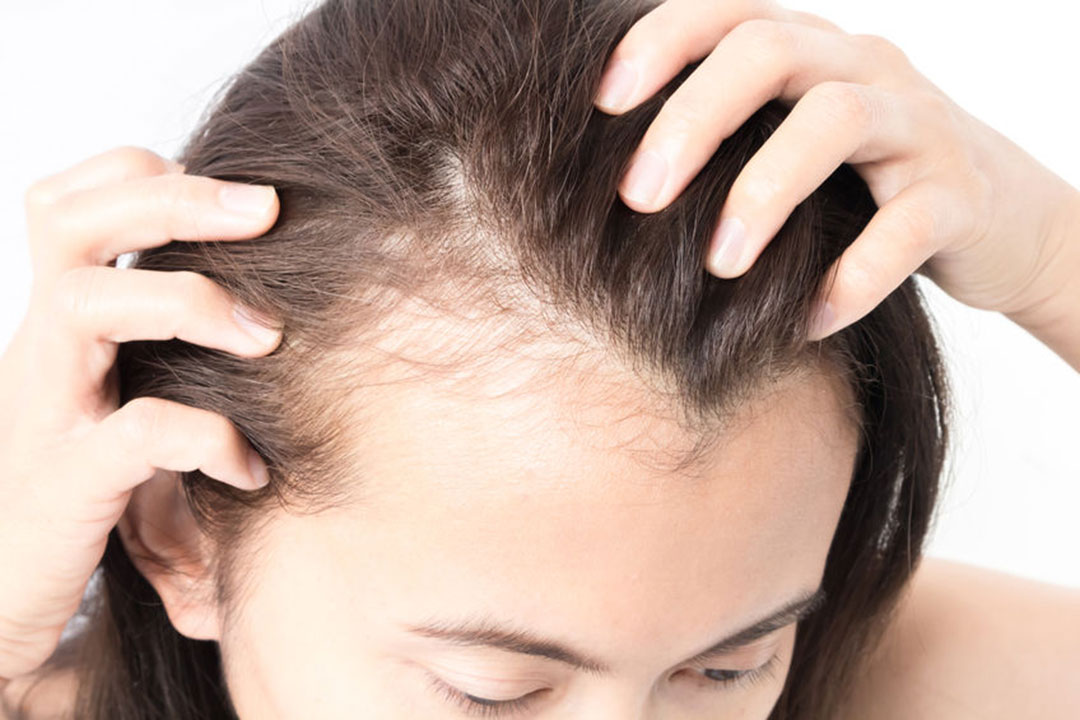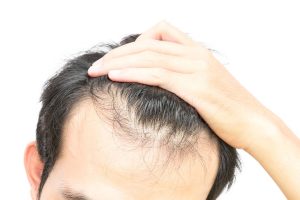 Elizabeth Miller, ND
Elizabeth Miller, ND
Naturopathic Physician
Read Biography Schedule an Appointment
COVID 19 continues to have substantial effects on our lives, and for many these includes dramatic changes to our hair.
What is Telogen Effluvium?
It is well established that serious infection or fever can trigger a temporary shedding of the hair. This occurs 2-3 months post infection and is called Telogen Effluvium. The natural cycle of the hair follicle is disrupted, as more hairs enter into the telogen phase, resulting in dramatic hair shedding. Typically after 6-9 months the shedding stops, and in most cases hair the hair re-grows.
Telogen Effluvium and COVID 19
Telogen Effluvium is presenting in medical offices at a much higher rate during the pandemic than prior to the pandemic (1). Hair loss is occurring in large rates after COVID 19 infection (2,3). In observational studies, hair loss may start anywhere from a few weeks to a few months after onset of COVID 19 symptoms, which is much sooner presentation than typical Telogen Effluvium (4).
The mechanisms for this COVID 19 specific hair loss are still being considered. Reviewed hair loss factors include a high surge of inflammatory cytokines causing earlier hair loss, medications used to treat COVID 19, reduced blood flow to the follicles, oxidative stress, activation of androgen receptors, and ongoing psychological stress due to the pandemic ((3),5,6).
What can you do?
While hair loss from COVID 19 has proven to be dramatic and widespread, telogen effluvium is in most cases, transient. Ongoing stress, or those predisposed to androgenic hair loss, may notice ongoing hair loss, or thinner regrowth (3).
Stress and anxiety continue to run high, then having clumps of hair loss add to the feeling of alarm. Cortisol levels disrupt hair growth, and are one factor that can be supported throughout your hair loss journey. Additional factors include optimal micronutrients and nutrition. At Vitalia Health Care we can assess and support management cortisol and nutrient levels. We consult on supporting hair re-growth that is specific to you.
Dr. Elizabeth Miller, ND



